Human Growth and Development Course Structure
THEORETICAL PERSPECTIVES: 10%
Theories of development provide a framework for thinking about human growth, development, and learning.
- Biological
- Cognitive developmental
- Ecological
- Evolutionary
- Learning
- Psychodynamic
- Social cognitive
- Sociocultural
RESEARCH STRATEGIES and METHODOLOGY: 6%
The scientific research methods used to study the changes that occur in human beings over the course of their lives.
- Case study
- Correlational
- Cross-sectional
- Cross sequential
- Experimental
- Longitudinal
- Observational
BIOLOGICAL DEVELOPMENT THROUGHOUT THE LIFE SPAN: 12%
The biological development studies the physical changes, that occur from conception to adulthood.
- Development of the brain and nervous system
- Genetic disorders
- Heredity, genetics, and genetic testing
- Hormonal influences
- Influences of drugs
- Motor development
- Nutritional influences
- Perinatal influences
- Physical growth and maturation, aging
- Prenatal influences
- Sexual maturation
- Teratogens
PERCEPTUAL DEVELOPMENT THROUGHOUT THE LIFE SPAN: 12%
Perception refers to the process of taking in, organizing and interpreting sensory information.
- Habituation
- Sensitive periods
- Sensorimotor activities
- Sensory acuity
- Sensory deprivation
COGNITIVE DEVELOPMENT THROUGHOUT THE LIFE SPAN: 12%
Cognitive theory is concerned with the development of a person’s thought processes.
- Attention
- Environmental influences
- Executive function
- Expertise
- Information processing
- Jean Piaget’s cognitive development theory
- Lev Vygotsky’s sociocultural theory
- Memory
- Play
- Problem solving and planning
- Thinking
- Wisdom
LANGUAGE DEVELOPMENT: 8%
- Bilingualism
- Development of syntax
- Environmental, cultural, and genetic influences
- Language and thought
- Pragmatics
- Semantic development
- Vocalization and sound
INTELLIGENCE THROUGHOUT LIFE SPAN: 6%
- Concepts of intelligence and creativity
- Developmental stability and change
- Giftedness
- Heredity and environment
- Intelligence tests
- Reaction range
SOCIAL DEVELOPMENT THROUGHOUT LIFE SPAN: 12%
- Aggression
- Attachment
- Gender
- Interpersonal relationships
- Moral development
- Prosocial behavior
- Risk and resilience
- Self
- Social cognition
- Social learning and modeling
- Wellness
FAMILY, HOME, and SOCIETY THROUGHOUT THE LIFE SPAN: 8%
- Abuse and neglect
- Bronfenbrenner, Urie
- Death and dying
- Family relationships
- Family structures
- Media and technology
- Multicultural perspectives
- Parenting styles
PERSONALITY and EMOTION: 8%
Personality development is the relatively enduring pattern of thoughts, feelings, and behaviors that distinguish individuals from one another.
- Attribution styles
- Development of emotions
- Emotional expression and regulation
- Emotional intelligence
- Erikson, Erik
- Freud, Sigmund
- Stability and change
- Temperament
SCHOOLING, WORK, and INTERVENTIONS: 6%
- Applications of developmental principles
- Facilitation of role transitions
- Intervention programs and services
- Learning styles
- Occupational development
- Preschool care, daycare, and eldercare
- Retirement
DEVELOPMENTAL PSYCHOPATHOLOGY: 6%
The study of developmental psychological disorders from a life-course perspective.
- Antisocial behavior
- Anxiety and mood disorders
- Asocial behavior, fears, phobias, and obsessions
- Attention-deficit/hyperactivity disorder
- Autism spectrum disorder
- Chronic illnesses and physical disabilities
- Cognitive disorders, including dementia
- Learning disabilities
- Intellectual Disability
- Trauma-based syndrome

